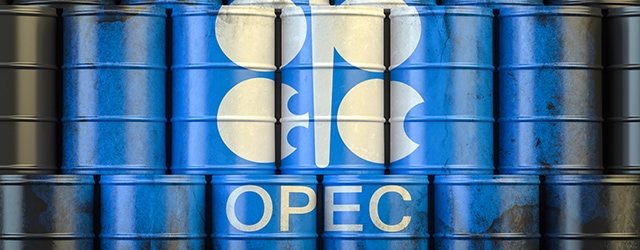The once-mighty cartel is strugglingin the face of weak demand, a concerted push toward renewable energy and the market-pummeling impact of the Covid-19 pandemic.

September marked the 60th anniversary of the founding of the Organization of Petroleum-Exporting Countries (OPEC), but there was little cause for celebration within the 13-member alliance. The once-mighty cartel is struggling to maintain relevancy in the face of weak demand, a concerted push toward renewable energy and the market-pummeling impact of the Covid-19 pandemic.
All this, plus the prospect of peak oil demand, is straining member states’ motivation to comply with previously agreed production quotas. Angola, Iraq and Nigeria have often skirted the limits, but recent news that the United Arab Emirates pumped almost 200,000 barrels per day above quota in August has dented confidence in OPEC’s ability to steady output. Saudi Arabia, the bloc’s de facto leader, is talking tough, warning traders against taking a bearish stance on oil prices.
OPEC’s current woes are a far cry from its heyday in 1973, when it could slap an oil embargo on Washington in retaliation for its support of Israel in the Yom Kippur War, a move that brought the US economy to its knees. That move transformed the once low-profile organization into a behemoth that dominated energy markets for decades.
But OPEC underestimated the potency of low-cost US shale producers to disrupt energy markets and seize share from the interests OPEC was supposed to protect. In the late 1990s, the cartel accounted for around 40% of total global oil production, a figure that has dwindled to 30% today.
Arguably, the US oil industry’s ascension as the world’s largest oil producer forced OPEC to embrace oil producers outside its core membership, leading to the creation of the loosely tied OPEC+ in 2016. But for all those calling time, many close observers doubt OPEC will fade into history anytime soon.
It will take another decade before peak oil is reached, predicts Edward Moya, senior market analyst at Oanda in New York. “They helped stabilize oil prices following the worst crash on record,” he says, “and many energy traders are fearful to bet against them.”



